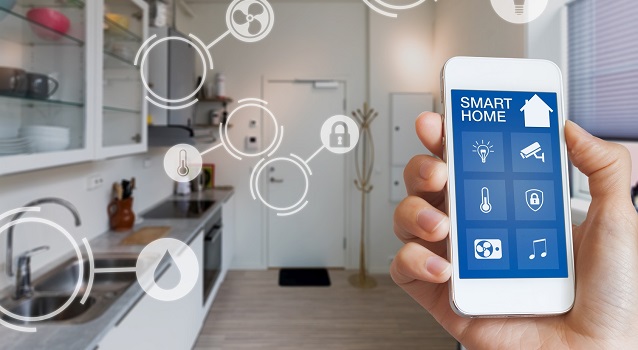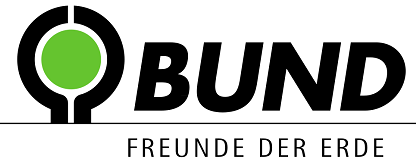Energy and resource requirements of networked products
Increasing digitization is leading to ever greater networking of products and systems. By 2020, 20 billion devices worldwide will be connected to the Internet. A rapidly increasing proportion of these devices are in private households. In addition to televisions and music systems, more and more refrigerators, washing machines and heating systems are being networked.
On behalf of the Bund für Umwelt und Naturschutz Deutschland (BUND), Borderstep has prepared a short study that highlights the ecological challenges of the increasing networking of private households in Europe. At the same time, measures were also developed to steer the consumption of energy and other resources in an environmentally compatible direction.
The study determines that 1.7 billion networked household appliances can be expected across Europe in 2025. In the long term, this could mean additional electricity consumption of 70 terawatt hours per year.
“If household appliances are ready to receive around the clock to respond to voice commands or signals from other devices, this can cost the environment and consumers dearly. A household’s electricity bill can rise by up to 100 euros a year,” says Dr. Ralph Hintemann, commenting on the development.


